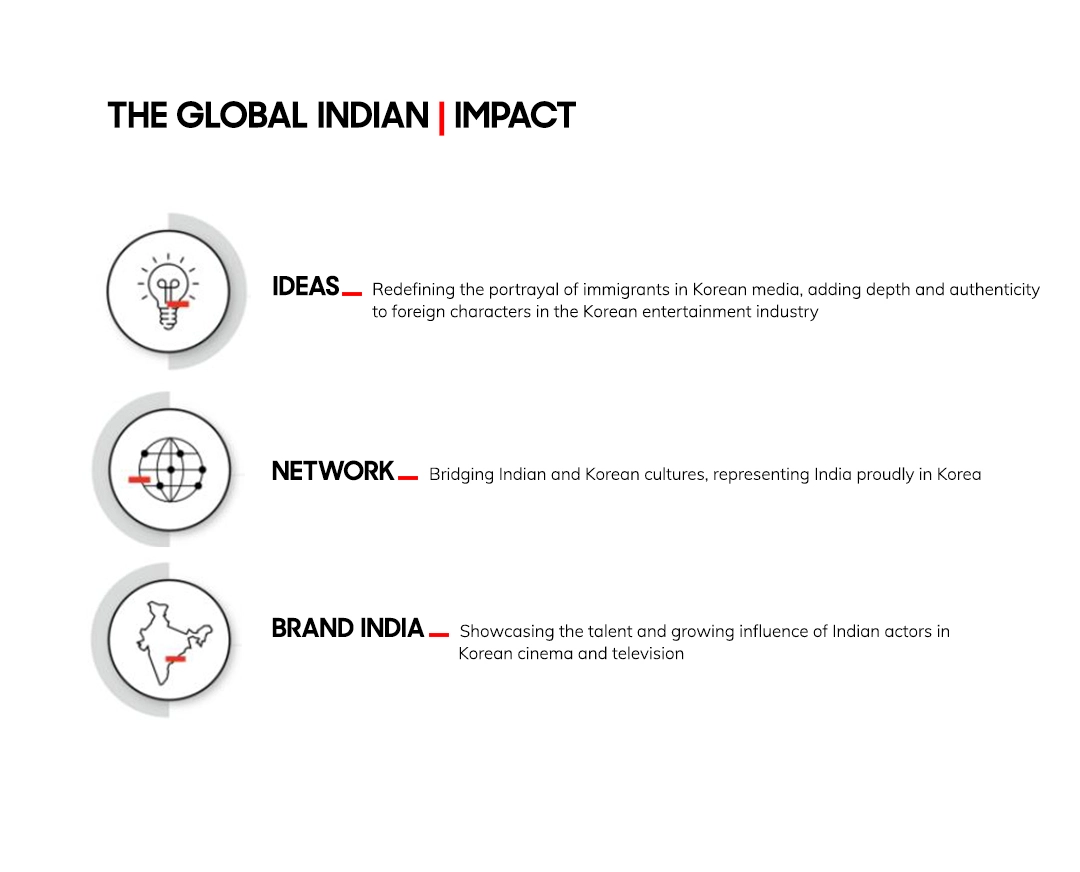(December 21, 2022) Come May 2023, life coach and author Jay Shetty will embark on his first-ever world tour Jay Shetty: Love Rules, four months after the release of his second book 8 Rules of Love: How to Find It, Keep It, and Let It Go, and India will be one of the pit stops. The British Indian for years has shared pearls of wisdom to help people maneuver their lives. And now he is ready with his second book.
How many times have you come across a life coach who has spent his life as a monk? How many times did you hear about a British-Indian teen following a monk to India? How many times have you seen a former monk turn into a media mogul? And it’s this rarity that makes Jay Shetty a prominent face in the personal growth industry. An award-winning storyteller, podcaster, former monk, life coach, author – the 34-year-old juggles several hats. But it’s his purpose to inspire people and help them find their calling that has made him popular across the globe. It’s personal transformation that’s Shetty’s dharma. He made a 180-degree shift in his life more than once and now he’s on a mission to transform others’ lives.
A North London lad, he was the perfect child until he decided to go rogue in his teens. From drugs to violence, Shetty dabbled in all and was thrown out of his school three times. But after a little bit of soul searching, he enrolled in a business school to make it big. Inspired by the stories of self-made entrepreneurs and the CEOs, it was the success that Shetty was chasing after. However, a chance encounter with a monk, Gauranga Das, changed it all for an 18-year-old Shetty. At 22, he decided to trade his suit for robes. He left London and moved to an ashram outside of Mumbai to become a Vedic monk. The next three years were filled with service where he built sustainable communities, fed the homeless, and taught meditation. He meditated for 4-8 hours a day and learnt ancient practices of breath and mind control. He studied Vedas and philosophies of the east in great depth, and knew he wanted to impart the knowledge in the real world.
View this post on Instagram
Having learnt from the monks in India, the author of Think Like A Monk is now helping thousands across the world get on the journey of self-discovery and helping people discover their purpose. “I want to help people find stillness, purpose, peace, and clarity in their daily life, by adopting the mindset monks have developed over thousands of years. I want to show people that thinking like a monk isn’t just about being still and calm, it’s a lot more about seeing patterns and connections; seeing things in mainstream culture that remind you of wisdom,” the life coach said in a 2020 interview.
Global Indian turns the spotlight on the Indian-origin life coaches who are opening the world to the concept of consciousness and self-awareness.
Sadhguru
When Hollywood actor Will Smith made his first public appearance in Mumbai in May post the infamous Oscar slap gate, murmurs of him meeting Indian spiritual leader and life coach Sadhguru in search of “healing” and “correction” echoed across the globe. It’s no secret that Will Smith hosted Sadhguru at his LA home in 2020, where the two discussed life and spirituality. Stoked by Sadhguru’s 2016 book Inner Engineering, he called the mystic to greet his family as he wanted them to meet “spiritual people, who are not hooked on the material world.” This beautiful rendezvous touched upon the understanding of “one’s suffering” and left Will amazed. But he isn’t the only one that’s enamoured by the teachings of Sadhguru.
Born as Jagadish Vasudev, his tryst with yoga began as early as 13 years of age, and in 1992, he founded the Isha Foundation with a mission to transform the lives of millions with his wisdom. His ability to make the ancient yogic sciences relevant to contemporary minds has made him one of the most sought-after life coaches in the world. Helping people navigate through life by making them craft their destiny by embracing the “technologies of well-being” is what makes him popular. Talking about the concept of Karma, he said in an interview, “The things you have done with your body, with your mind, with your emotions and your energy since the time of your birth is deciding what kind of a person you are, how you see things, how you experience things. Is it not? The impressions of that are what cause the bondage. Because you can have only limited exposure in your life, you will be limited. So unless you free yourself from this, you cannot look at all the enormous possibilities out there. The past is ruling the present and future. You are recreating your future just like the past.”
Vishen Lakhiani
If it’s about striving to elevate the key systems that shape humanity’s future and to unlock the highest potential, then it’s game on for Mindvalley founder Vishen Lakhiani. Born and raised in Malaysia, he moved to the Silicon Valley in the late 90s, but things were hard. However, one meditation class changed it all for him, and that’s when his quest for personal growth began. Soon, he became a meditation instructor, a decision that led him to creating his own form of meditation – the six phase meditation. In 2004, he founded Mindvalley, then a tiny company building websites for various authors in personal transformation. But things shifted in 2016 for Vishen when he released his first book The Code of The Extraordinary Life, and all of a sudden became one of the leading brands in human transformation.
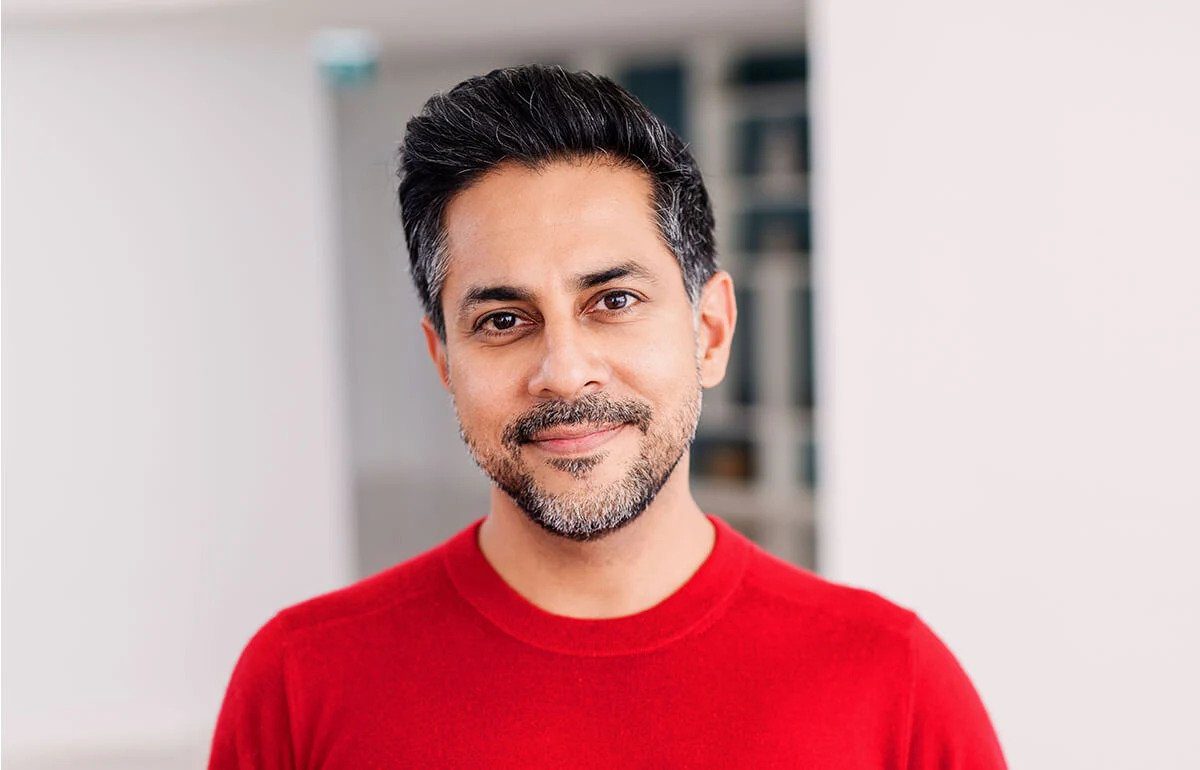
Today, Mindvalley offers more than 30 courses on personal mastery including health, wealth, relationship, and productivity that are set to raise human consciousness. As an entrepreneur and life coach, his biggest advice is to have a real passion for your calling.
“I believe that a person can only realise their fullest potential when they’re in a constant state of growth. And through my work with Mindvalley, transformation has become the primary driver of my life,” the author of The Buddha and the Badass said in an interview.
Robin Sharma
The bestselling book The Monk Who Sold His Ferrari gave admission to Robin Sharma in the literary world, but his book wasn’t run-of-the-mill stuff, but an almost bible on personal mastery. That’s what made Sharma an overnight star. The 57-year-old former lawyer is considered to be one of the top life coaches in the world with clients like Nasa, Microsoft, Starbucks, Oracle, and Unilever, and his purpose is to make everyone live to their full potential.
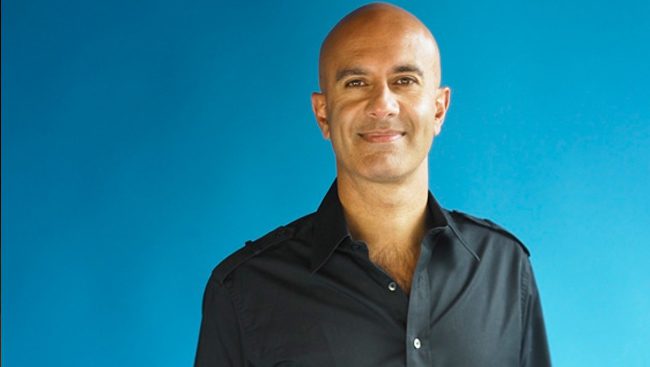
At 25, he self-published his first book MegaLiving. But it wasn’t until the success of The Monk Who Sold His Ferrari that he quit his job as a litigation lawyer and became a full-time writer. Soon he ventured into public speaking, and was approached by CEOs on personal mastery and leadership.
“There are a lot of people with a lot of money but money is all they have. It’s very inspiring to see how many people want to be the heroes of their lives, and how many people want to grow and rise above their circumstances. One of the keys to my longevity is that I want to help people, I don’t just write books but I am putting down the information that is not superficial but really creates change,” said the author of The 5 AM Club who believes in the power of transformation.
Deepak Chopra
A pioneer in introducing the west to the wonders of meditation, Deepak Chopra has been at the forefront of the meditation revolution for the last 30 years. At 45, he quit his career as a prominent physician in Boston and started his centre in California, focused on integrative medicine. Merging meditation with medicine is what his expertise lies in. The 75-year-old has coached some of the biggest leaders and corporate giants, and for him, it’s more about “deep reflection” than “giving advice.”
“The idea is for them to work toward taking responsibility for not only their well-being—social, emotional, physical, financial, professional—but also that of others. I teach them how to harness creativity, whether they’re artists or scientists—intention, information gathering, analysis, incubation, insight, intuition—and how to serve the people they influence. Those are the basic elements. If they’re receptive, I then take them into meditation practices for tapping into higher consciousness,” the life coach said in an interview.

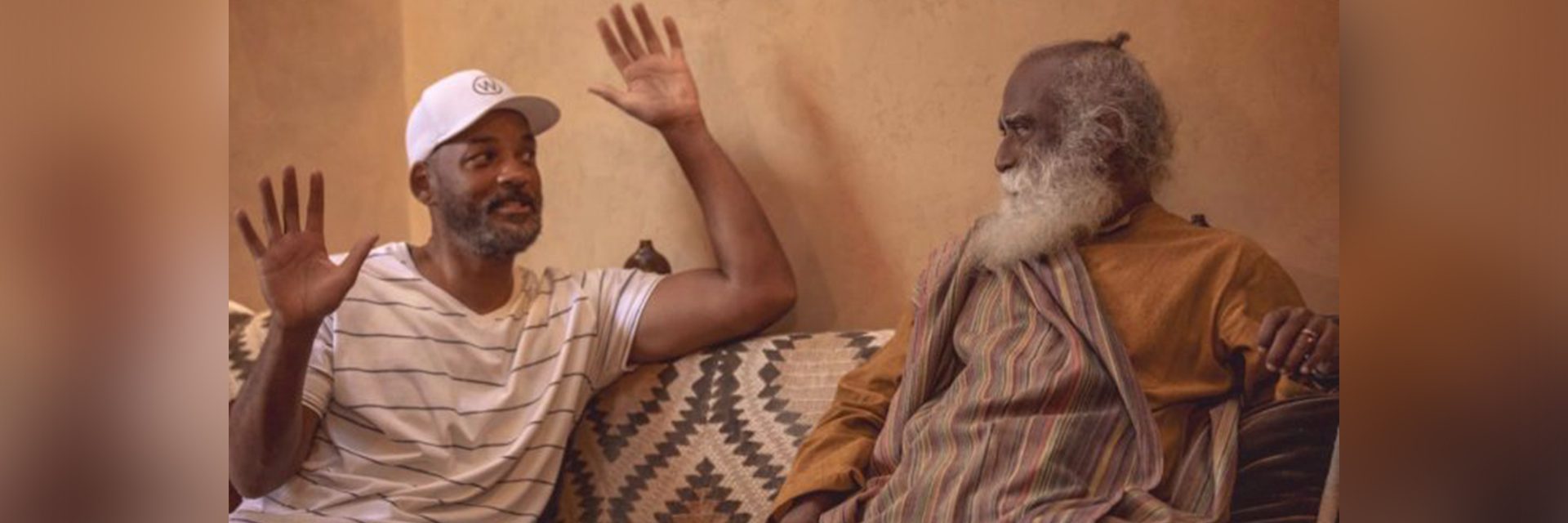

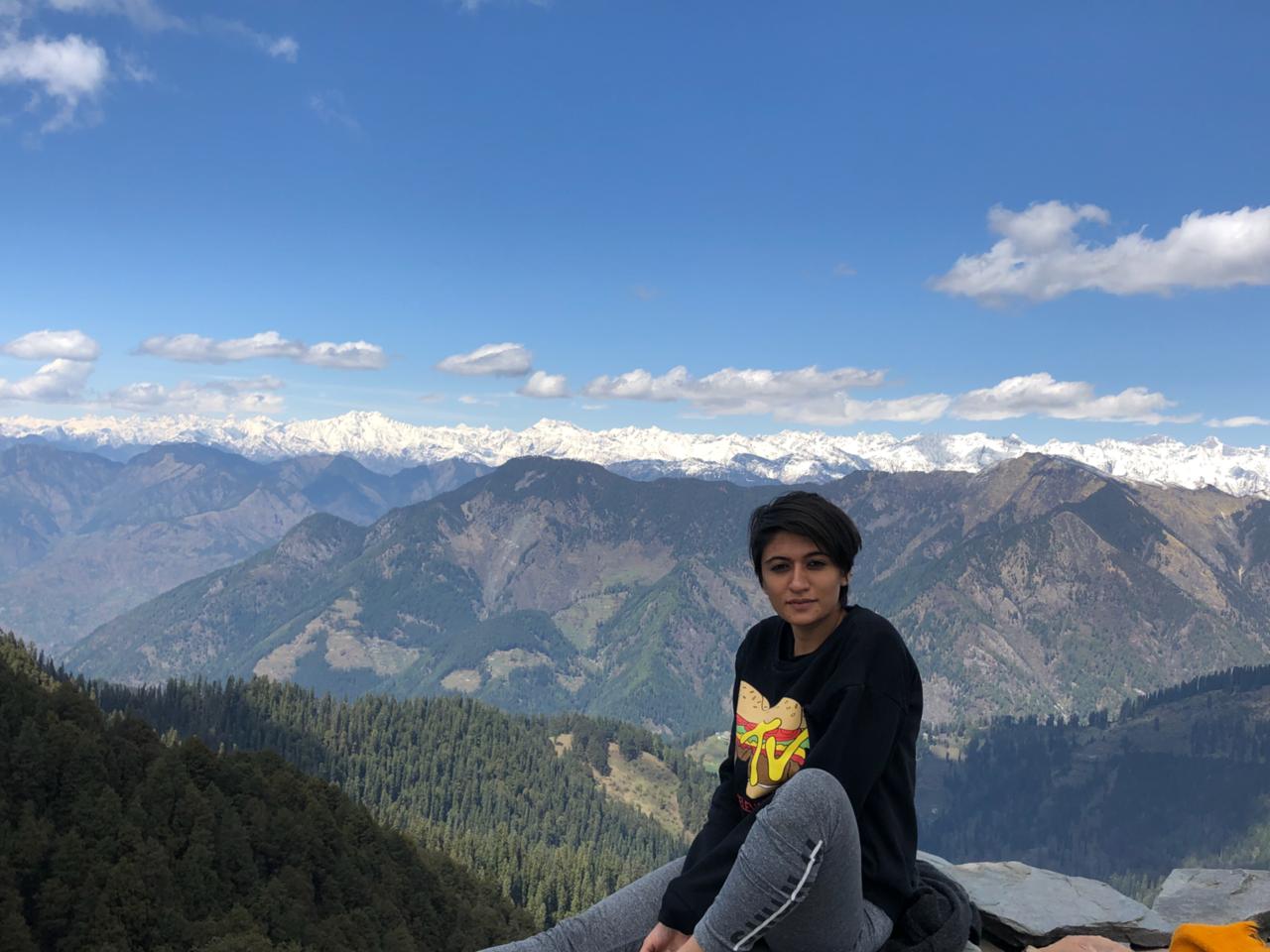
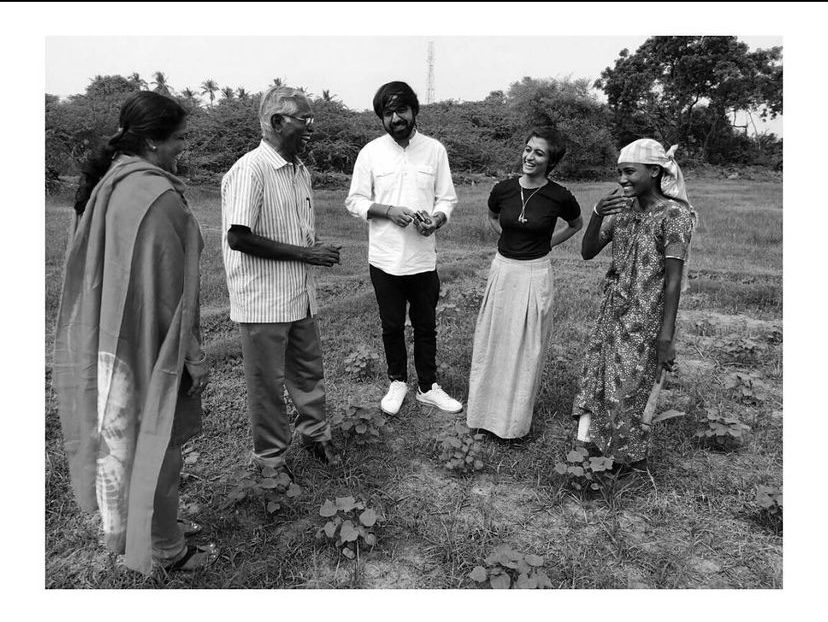 Kriti during a field trip[/caption]
Kriti during a field trip[/caption] Doodlage's collection is simple and yet quite unique[/caption]
Doodlage's collection is simple and yet quite unique[/caption]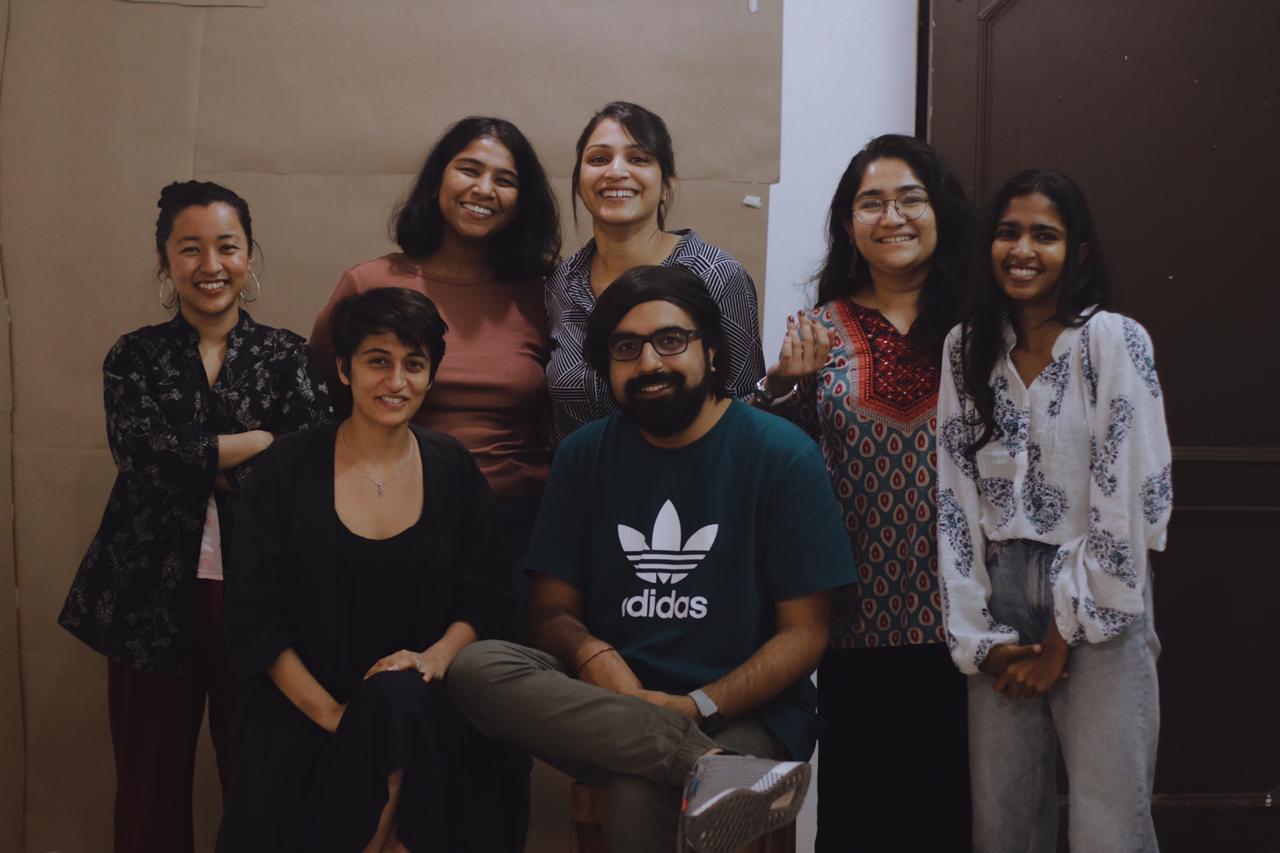 Kriti with her team[/caption]
Kriti with her team[/caption]
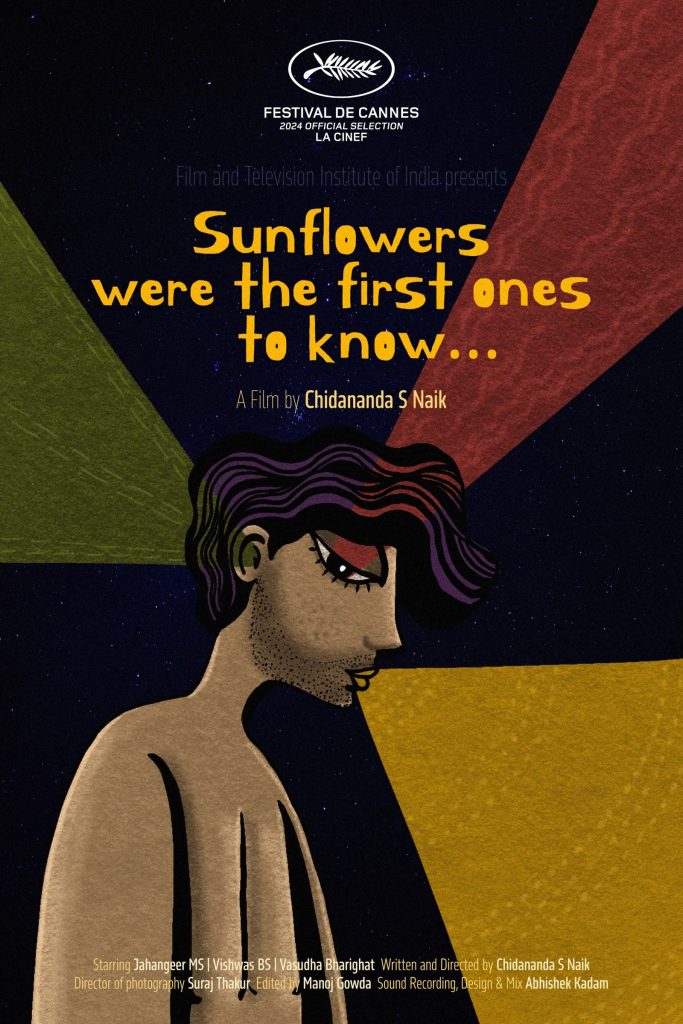

 Ritika Shah brings Ayurveda to modern wellness through Herbostra[/caption]
Ritika Shah brings Ayurveda to modern wellness through Herbostra[/caption] Her products combine Ayurveda with contemporary wellness techniques to make pocket-friendly products that are sold around the world.[/caption]
Her products combine Ayurveda with contemporary wellness techniques to make pocket-friendly products that are sold around the world.[/caption]

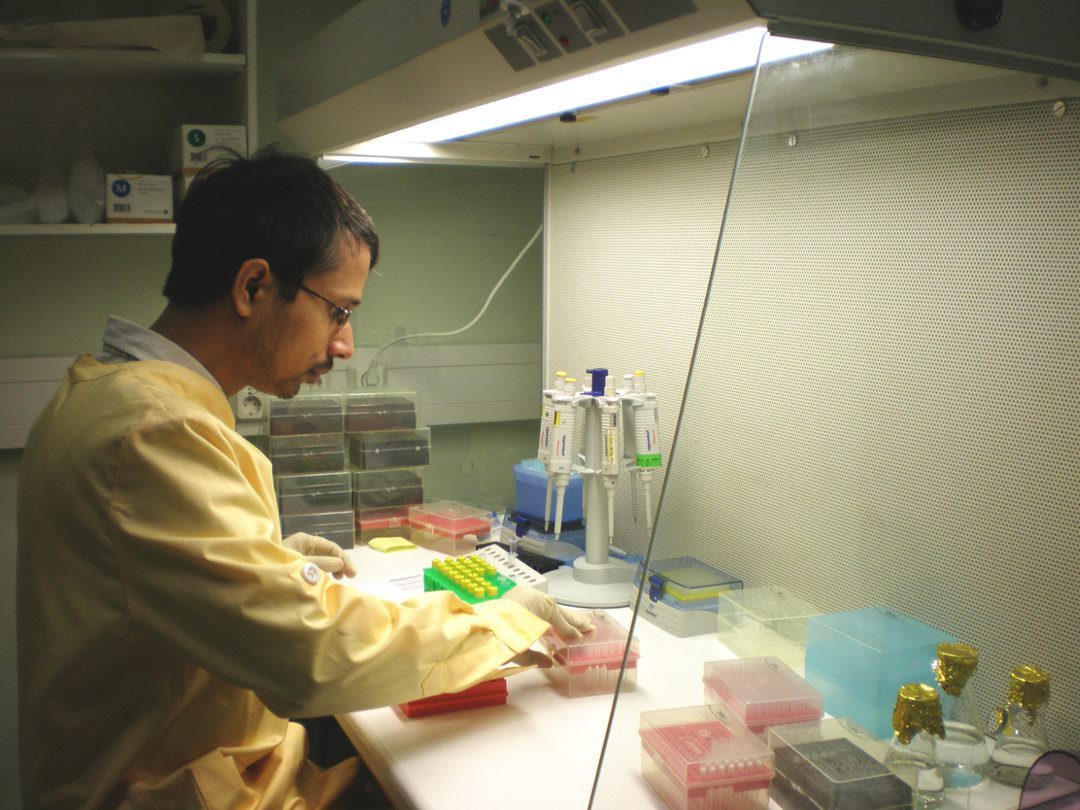 Gyaneshwer Chaubey conducting an experiment in his lab[/caption]
Gyaneshwer Chaubey conducting an experiment in his lab[/caption]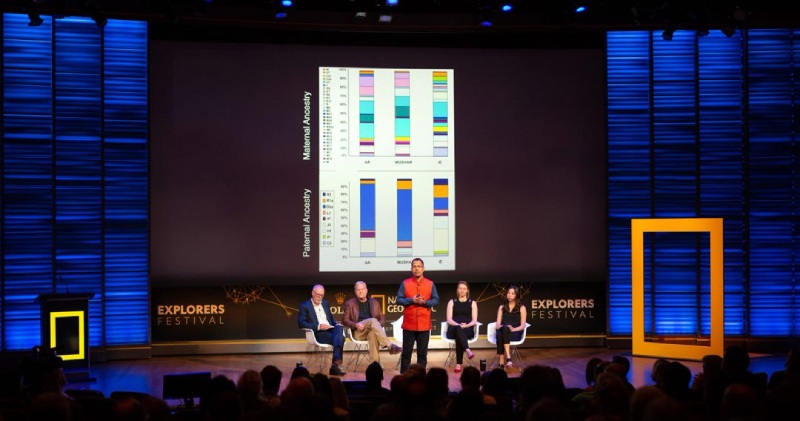 Gyaneshwer Chaubey at Explorers Festival[/caption]
Gyaneshwer Chaubey at Explorers Festival[/caption]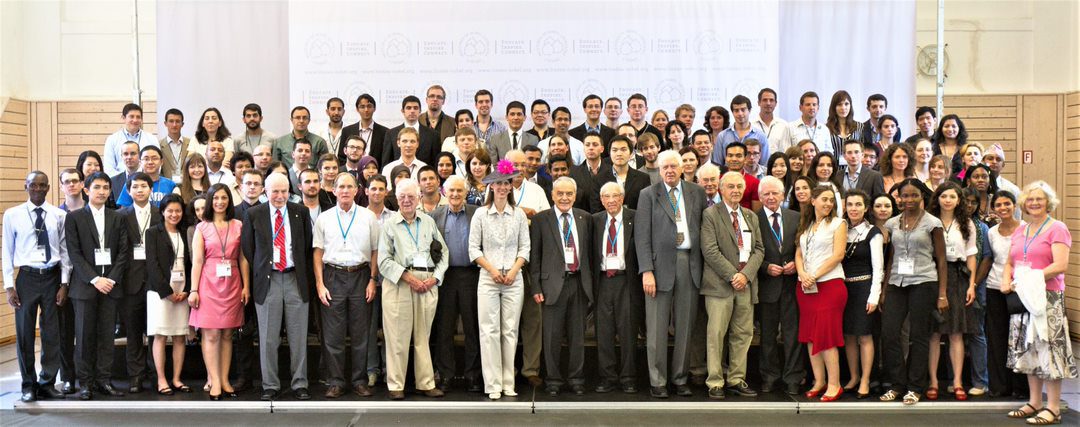
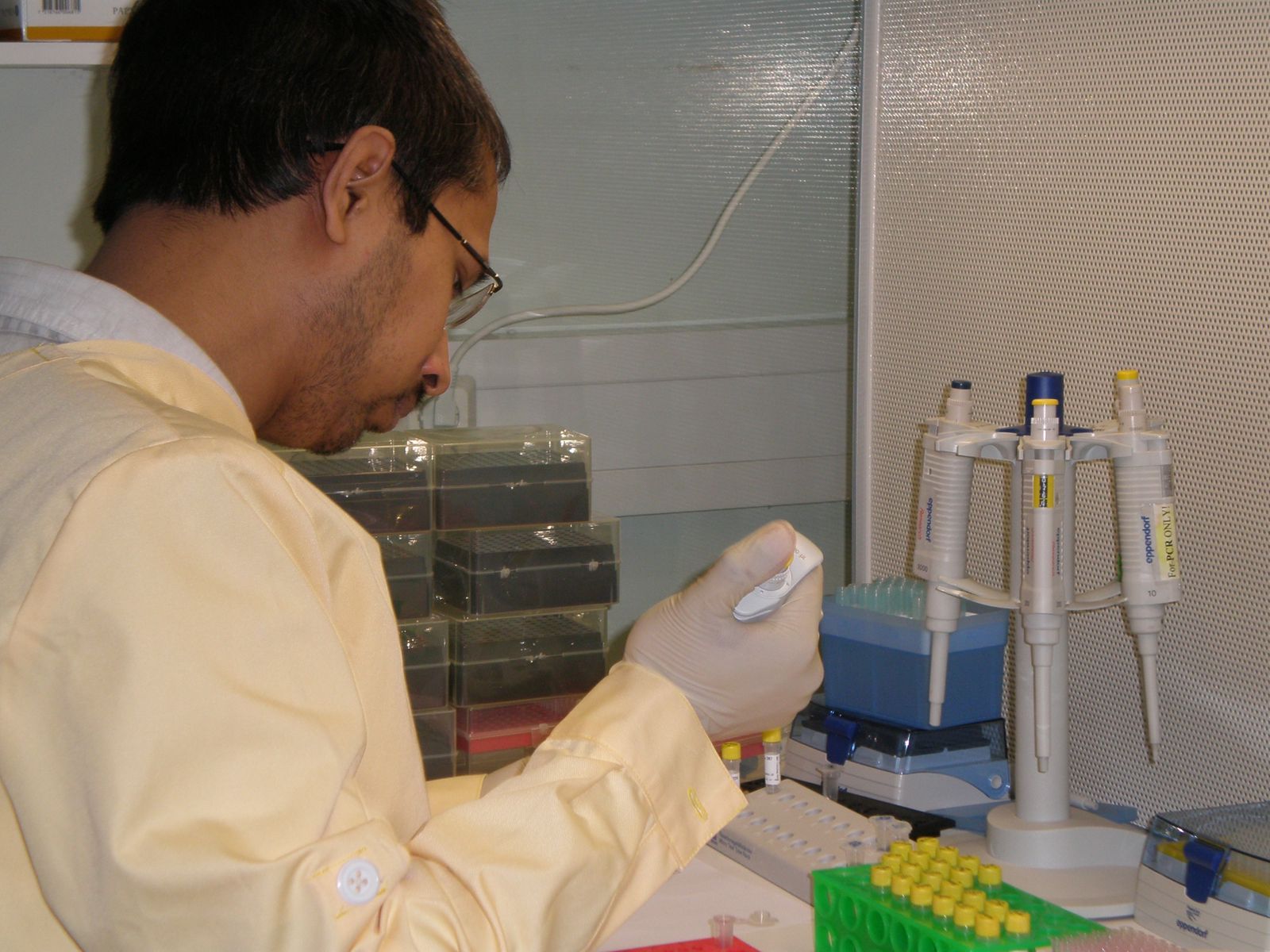

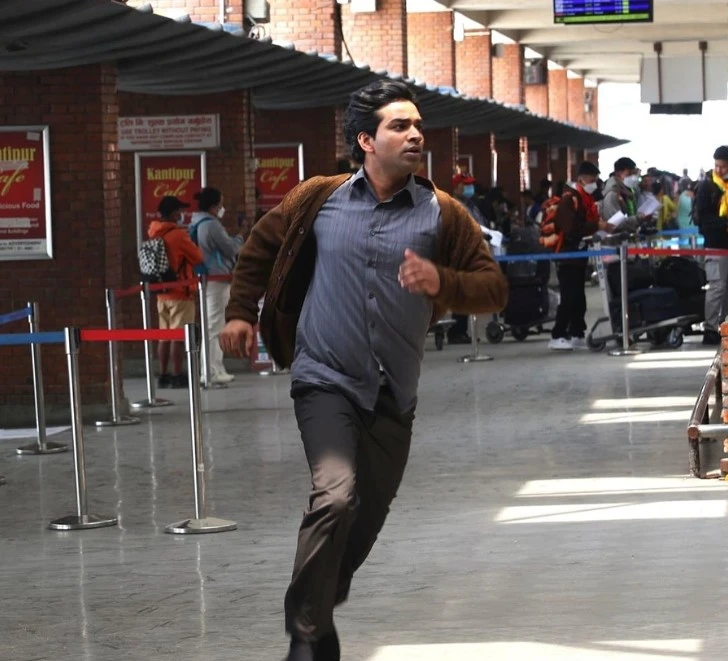 Anupam Tripathi on the sets of
Anupam Tripathi on the sets of 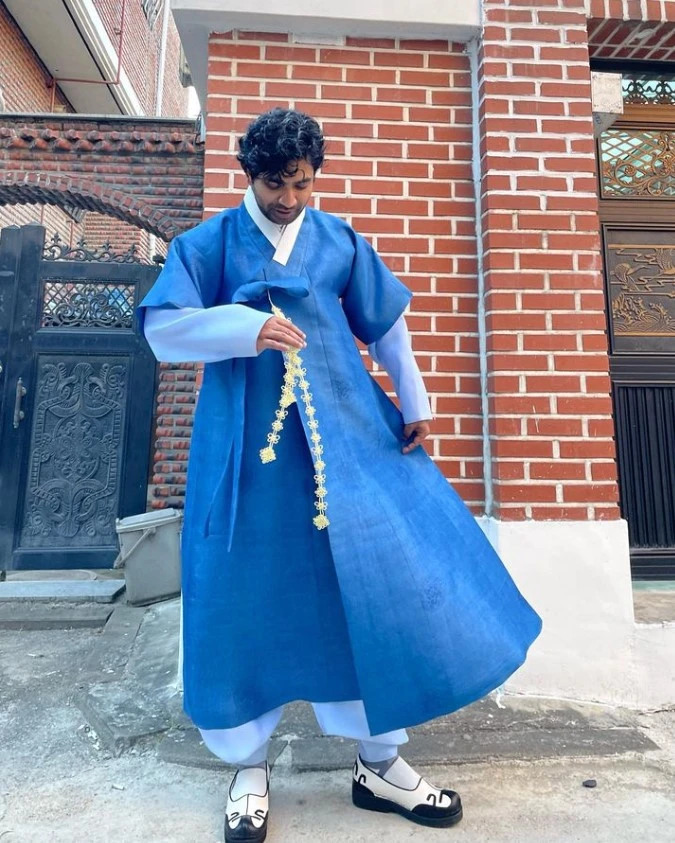 Anupam Tripathi wearing the traditional Korean attire, Hanbok[/caption]
Anupam Tripathi wearing the traditional Korean attire, Hanbok[/caption]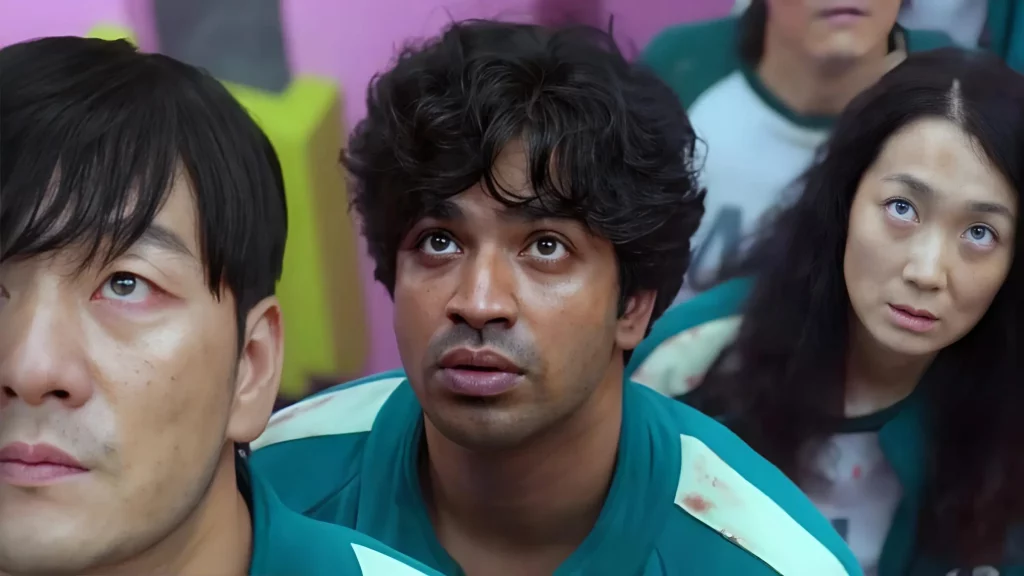 Anupam Tripathi in a scene from the Squid Game series[/caption]
Anupam Tripathi in a scene from the Squid Game series[/caption]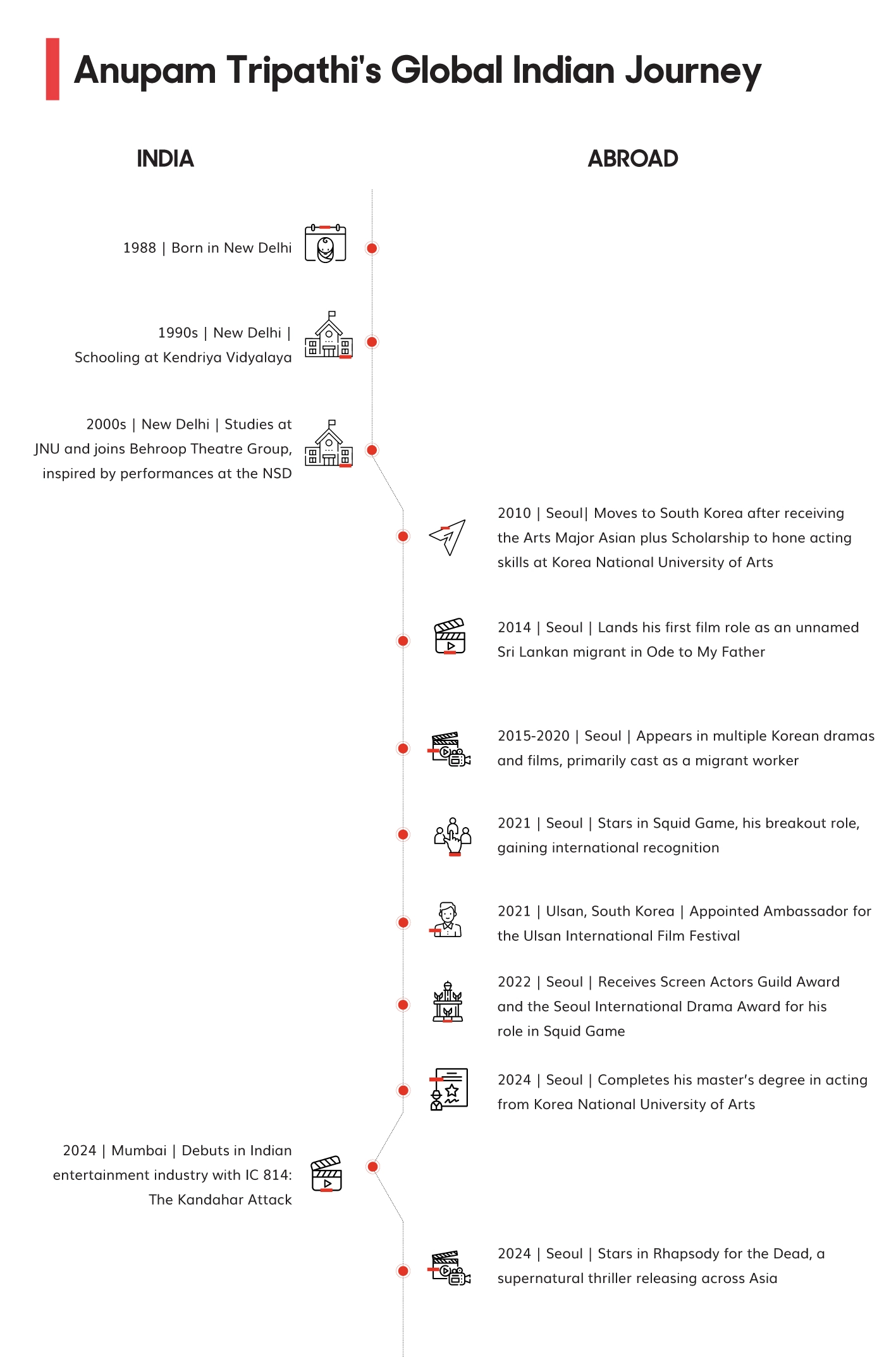
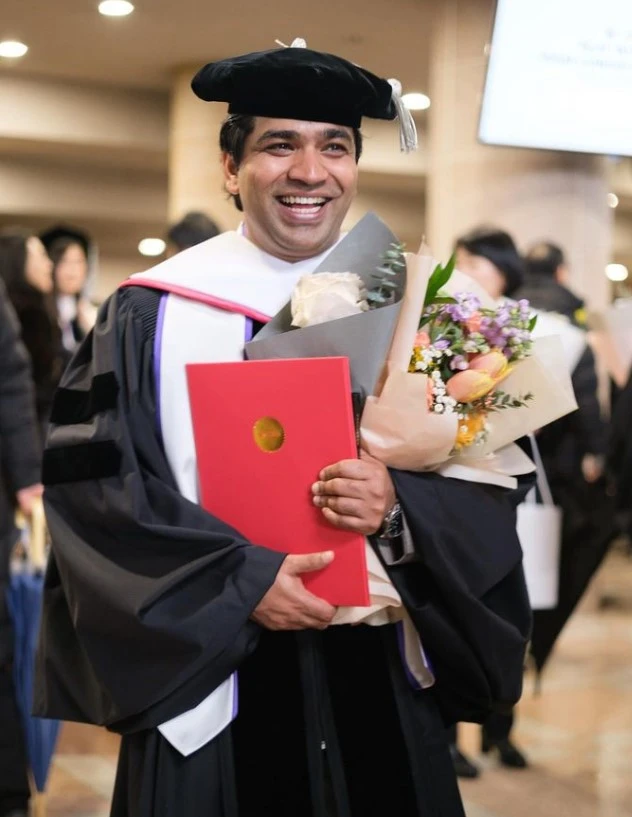 Anupam Tripathi
Anupam Tripathi 